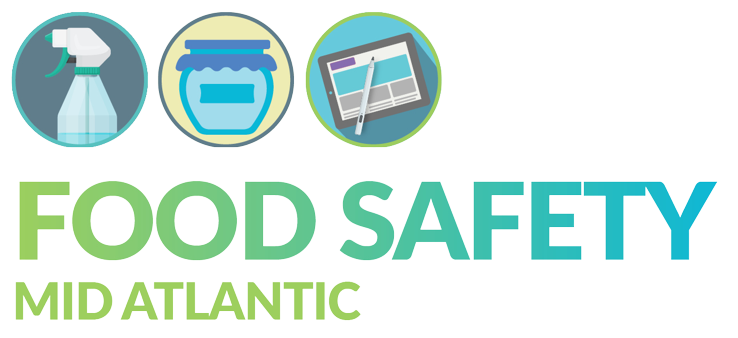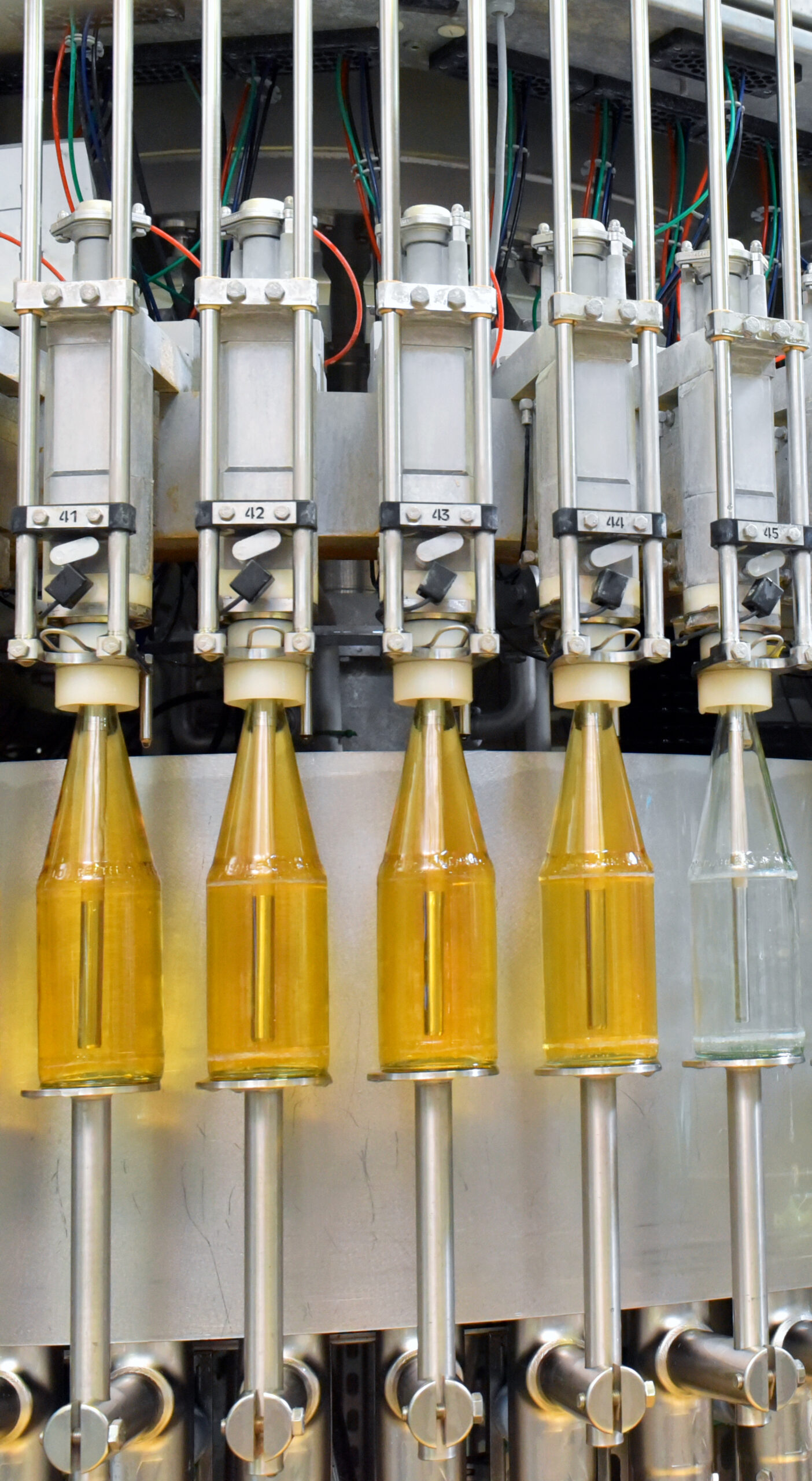Once you’ve found the right food safety consultant for your business (click here to read our blog post on how to do so), you need to make sure you’re ready to get the most out of your time together.
A food safety consultant is different from a hired staff member, a volunteer helper, or a business co-owner. They care about the welfare of your business and want you to be as safe as possible, but they are there to do work on specific projects, usually for a set amount of time.
We want you to have a safe business and as successful a relationship with your food safety consultant as you can, so we’ve outlined the information you need to be prepared to start work and some pro tips for making the most of your time with your consultant.
Preparing for work with your food safety consultant
The process of preparing for work with your food safety consultant ideally begins as you are finding the right consultant. During your consultation, you will likely begin the conversations that form the base of your project.
Then, as soon as you’ve signed your contract, the work together can really begin.
You should communicate with your food safety consultant right away to set up your first meeting and determine what you need to bring. You should also do some planning on your own to figure out what exactly you hope to get out of that meeting and collect any questions you want to ask.
At Food Safety Mid Atlantic, we send out a form as soon as you’ve signed your contract that asks you to provide as much food safety data as you have available. Other consultants may wait to ask for this information until your first meeting. You should be prepared to provide:
- Any existing food safety documents, which can include your:
- Health department license
- ServSafe certificate and other food safety training certificates
- Records of conversations with the health department or wholesale inspectors
- List of problems identified by health or other food safety inspectors
- Written documentation of existing food safety plans
- Any GMPs or SSOPs you already follow
- List of recipes. We need to know how you make your products in order to help you make them safely.
- An NDA. Our contract includes an NDA, but if you want to double up with one of your own that is totally fine, and we are happy to sign it. You need to be able to trust your consultant because they can’t help you if you withhold information. If a food safety consultant has shared your secrets in the past, let your current consultant know and give them an airtight NDA of your own.
- Information about any previous problems with inspections or issues with products identified by a buyer. We can’t solve the problems if we don’t know they exist.
After you’ve provided your food safety consultant with the necessary documents and context for your work, it’s important to establish clear expectations about how the work will happen. You should set a schedule for meetings, determine the cadence of work, and plan when deliverables such as a completed plan will be due.
We recommend meeting with your food safety consultant as frequently as you can. A weekly or every other week meeting both keeps you all on track with the project and provides space for you to ask any food safety questions that come up during your business operations. When you meet less frequently, you’re likely to push a question aside as not important enough for your meeting instead of getting the food safety support that you need.
Going into a project with a food safety consultant with full informational transparency and a clear set of expectations about meetings and work cadence will set you up for a successful partnership and a food safe business.
More tips for making the most of your work with a food safety consultant
The choice to work with a food safety consultant is an investment in the future of your business. It’s not cheap, but it offers immense value especially when you commit to getting the most out of your project. Here are a few ways to do so:
- Be transparent and trustful. You’ve hired the consultant for a reason and they need to know everything to help you. If you don’t trust your consultant, you shouldn’t be working with them .
- Ask questions. The consultant is there to help you above all else. Make the most of your time together by asking all your food safety questions. And, if they ever do anything you don’t understand, ask even more questions. You can’t implement a plan that you don’t understand.
- Go beyond business. Get to know your consultant a bit. Discover what’s going on in their life and why they became a consultant. The individual is more than an encyclopedia of food safety and may have experiences that help you beyond food safety.
- Respond quickly to your consultant’s questions and requests for documents. And admit when you don’t have the answers or documents. There’s no shame in saying “I don’t know”, because the point of your project is to create the answers.
- Value the food safety work that you’re doing with your consultant. Consultants understand that you have many priorities and that their role is to make the food safety lift easier. But, they also want to see that you’re willing to prioritize safety beyond checking a box. We really care about safe food, preventing consumer illness, and the success of your business.
- Commit to putting your food safety plans into action. There’s no point in spending the money to work with a consultant like Food Safety Mid Atlantic if you’re just going to take what we produce and put it on a shelf. You can print out a generic HACCP plan from the internet if it’s just going to be for show.
When you work with a food safety consultant, you’re making an investment to grow your business. But, that can only happen if you commit to making the most of the project and putting your food safety plans and programs into action. Starting out strong from your first meeting and following the tips listed above will ensure that you get everything you can out of this experience.

